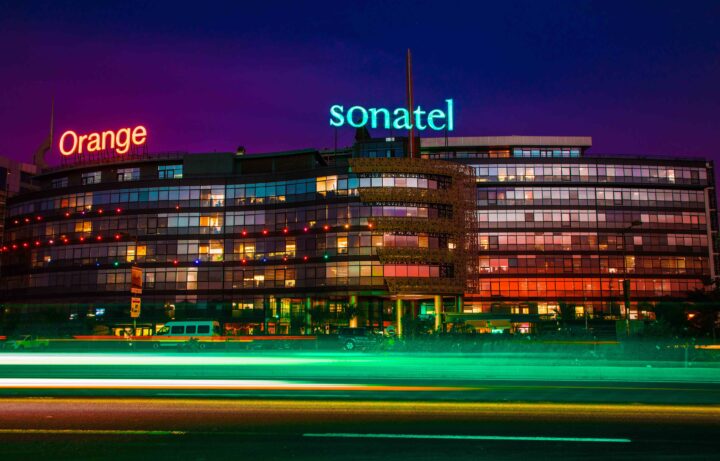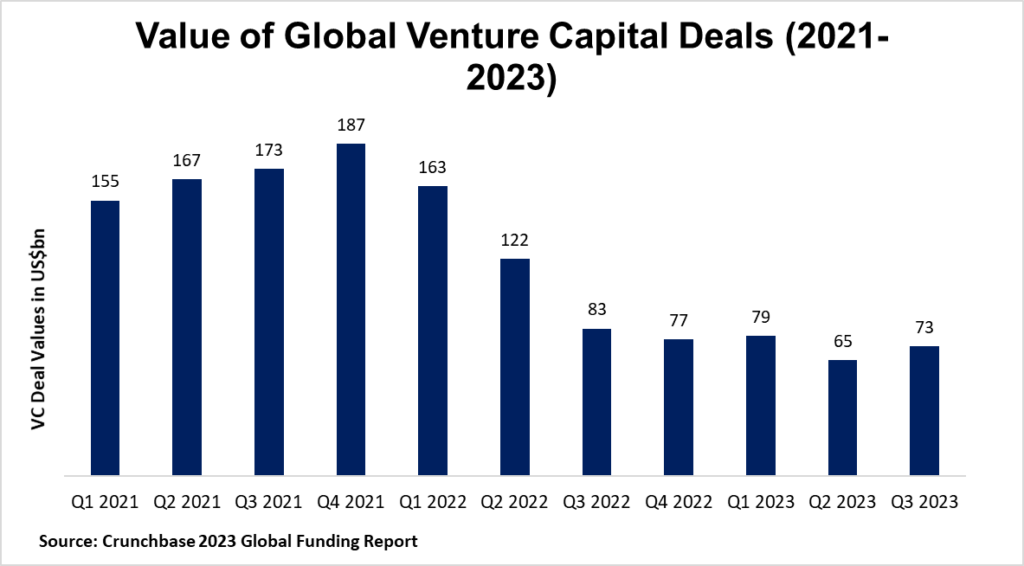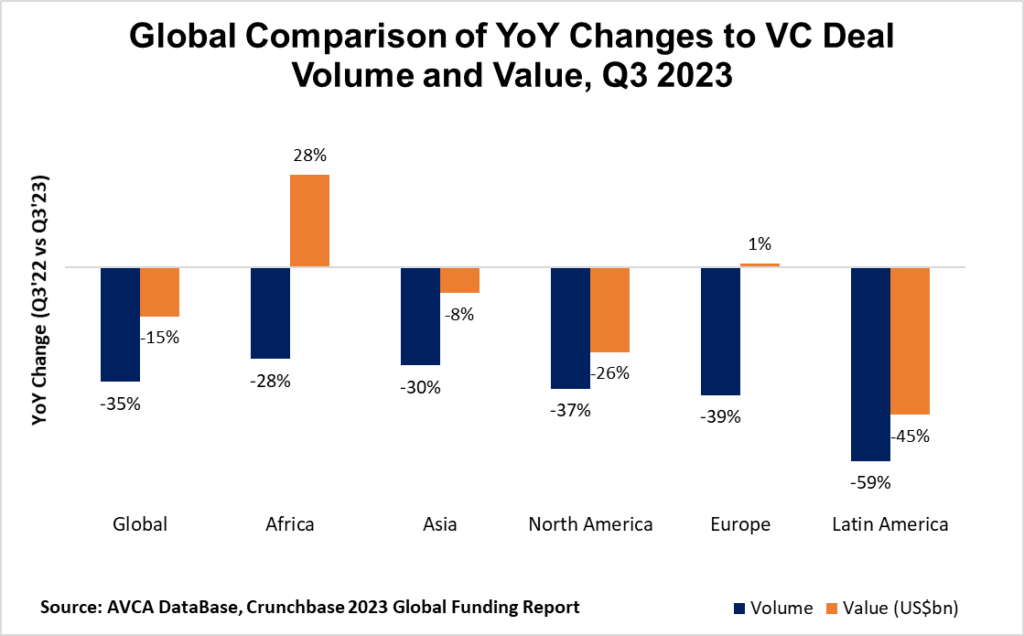Malgré divers défis, y compris des crises énergétiques et une instabilité politique, le groupe de télécommunications a démontré une résilience et une croissance impressionnantes.
Le Groupe Sonatel, leader des télécommunications en Afrique de l’Ouest francophone, a publié ses résultats financiers pour le premier semestre 2024.
Malgré divers défis, y compris des crises énergétiques et une instabilité politique dans certains de ses pays d’opération, le groupe a démontré une remarquable résilience et croissance.
Plongeons dans les principaux faits marquants de leurs performances.
Points forts opérationnels : Expansion de la base de clients et des services
Le Groupe Sonatel continue de renforcer sa position sur le marché des télécommunications dans ses cinq pays d’opération : Sénégal, Mali, Guinée, Guinée-Bissau et Sierra Leone.
Le groupe a maintenu son leadership sur tous ces marchés, avec des parts de marché allant de 51,3% à 68,3%.
Les principales données opérationnelles montrent une croissance significative d’une année à l’autre :
- Les clients mobiles ont augmenté de 5,9% pour atteindre 41,4 millions
- Les utilisateurs de données mobiles ont augmenté de 23,4% pour atteindre 21,1 millions
- Les utilisateurs actifs de 4G ont augmenté de 13,8% pour atteindre 16,6 millions
- Les clients de l’internet fixe haut débit ont bondi de 49,1% pour atteindre 811 000
- Les clients FTTH (Fiber-to-the-Home) ont augmenté de 27,7% pour atteindre 372 000
- Les utilisateurs actifs d’Orange Money ont augmenté de 7,8% pour atteindre 12,1 millions
Ces chiffres démontrent le succès de Sonatel dans l’expansion de sa base de clients et la promotion de services avancés comme la 4G et le haut débit en fibre optique.
Performance financière : Croissance à deux chiffres des principaux indicateurs
Les résultats financiers du Groupe Sonatel pour le premier semestre 2024 montrent une croissance impressionnante de tous les principaux indicateurs :
- Chiffre d’affaires : 877,7 milliards de FCFA, en hausse de 10,5% d’une année à l’autre
- EBITDAAL (EBITDA après loyers) : 407 milliards de FCFA, en hausse de 17% d’une année à l’autre
- Marge EBITDAAL : 46,5%, une augmentation de 2,6 points de pourcentage
- Résultat net : 192,6 milliards de FCFA, en hausse de 29,6% d’une année à l’autre
- Marge nette : 21,8%, une augmentation de 3,1 points de pourcentage
La croissance du chiffre d’affaires du groupe a été principalement soutenue par la forte performance des services de données mobiles, des services vocaux, d’Orange Money et du haut débit fixe.
L’augmentation significative de l’EBITDAAL et du résultat net démontre la capacité de l’entreprise à transformer la croissance du chiffre d’affaires en une rentabilité améliorée.
Investissements CAPEX pour la croissance future
Le Groupe Sonatel continue d’investir massivement dans son infrastructure réseau et la qualité de ses services. Au premier semestre 2024, le groupe sénégalais a investi 134,5 milliards de FCFA, soit 15,3% de son chiffre d’affaires. Les principaux domaines d’investissement incluent :
- Modernisation et expansion du réseau
- Déploiement de nouveaux sites mobiles
- Extension des réseaux FTTX (Fiber-to-the-X)
- Amélioration de la qualité de service
Ces investissements sont cruciaux pour soutenir la croissance du groupe et maintenir son avantage concurrentiel sur le marché des télécommunications en évolution rapide.
Performance boursière : Une référence à la BRVM
Sonatel Sénégal (ticker : SNTS) continue d’être un acteur de premier plan sur la bourse BRVM. Selon les dernières données (2 août 2024) :
- Capitalisation boursière : 2,06 billions de FCFA (entreprise cotée la plus précieuse)
- Poids dans la BRVM : 23,3% de l’ensemble du marché des actions
- Performance depuis le début de l’année : +14,6% (16ème place à la BRVM)
- Performance sur 4 semaines : +6% (12ème place à la BRVM)
Ayant commencé l’année à 17 980 FCFA par action, l’action de Sonatel a montré une appréciation significative, reflétant la confiance des investisseurs dans la performance et les perspectives futures de l’entreprise.
Défis et perspectives
Malgré ses solides performances, le Groupe Sonatel fait face à plusieurs défis dans son environnement opérationnel :
- Crises énergétiques persistantes dans certains pays, entraînant des coupures de courant et des pénuries de carburant
- Instabilité politique et changements réglementaires dans certains marchés
- Concurrence accrue des entreprises fintech dans le secteur de l’argent mobile
- Besoin d’investissements continus dans l’infrastructure réseau pour répondre à la demande croissante
À l’avenir, le Groupe Sonatel reste optimiste quant à la poursuite de sa dynamique de croissance au second semestre 2024. L’entreprise prévoit de se concentrer sur :
- La finalisation des projets de déploiement du réseau
- Le maintien de la performance sur les principaux indicateurs opérationnels et financiers
- La poursuite des efforts d’optimisation des coûts
- L’accélération de la digitalisation pour améliorer les expériences clients et employés
Pour les investisseurs intéressés à tirer parti des solides performances de Sonatel et du secteur plus large des télécommunications en Afrique de l’Ouest, l’application Daba permet d’investir et de négocier facilement des actions de la BRVM, y compris celles de Sonatel. Vous pouvez également vous inscrire à Daba Pro, un service premium avec des outils et des informations avancés pour vous aider à naviguer dans les complexités du marché boursier ouest-africain.
Les résultats du Groupe Sonatel pour le premier semestre 2024 démontrent la capacité de l’entreprise à offrir une croissance solide et une rentabilité améliorée malgré des conditions d’exploitation difficiles.
Avec sa focalisation continue sur l’expansion du réseau, les services numériques et l’expérience client, Sonatel est bien positionné pour maintenir son leadership sur le marché des télécommunications en Afrique de l’Ouest.
Pour les investisseurs, Sonatel représente une opportunité attrayante de participer à la transformation numérique et à la croissance économique de la région. Des outils comme l’application Daba facilitent l’accès au marché, permettant aux investisseurs locaux et internationaux de potentiellement bénéficier du succès continu de Sonatel.
Comme toujours, les investisseurs devraient mener leurs propres recherches et considérer leur tolérance au risque avant de prendre des décisions d’investissement. Cependant, la solide performance financière, le leadership sur le marché et l’engagement envers la croissance durable de Sonatel en font une entreprise à surveiller dans le paysage dynamique des affaires en Afrique de l’Ouest.
1 USD = 605,72 FCFA




